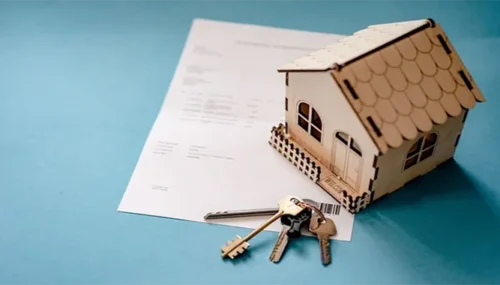How To Organize Your Financial Life
The way you manage your finances can have a big impact on your quality of life. If you’re not organized, it’s easy for money to slip through the cracks and get wasted on frivolous expenses. However, if you take the time to budget and track your progress towards financial goals, you’ll be able to save more money, pay off debt faster, and ultimately enjoy a better life. Here’s how:
Make a budget
The first step in organizing your finances is to make a budget. A budget is simply a list of all the money that comes into and goes out of your life, so that you can see where it’s going and make adjustments as needed.
A good place to start is by listing all of your sources of income: wages from work, dividends from investments, any other regular payouts (like alimony). If possible, try not to include irregular sources …














